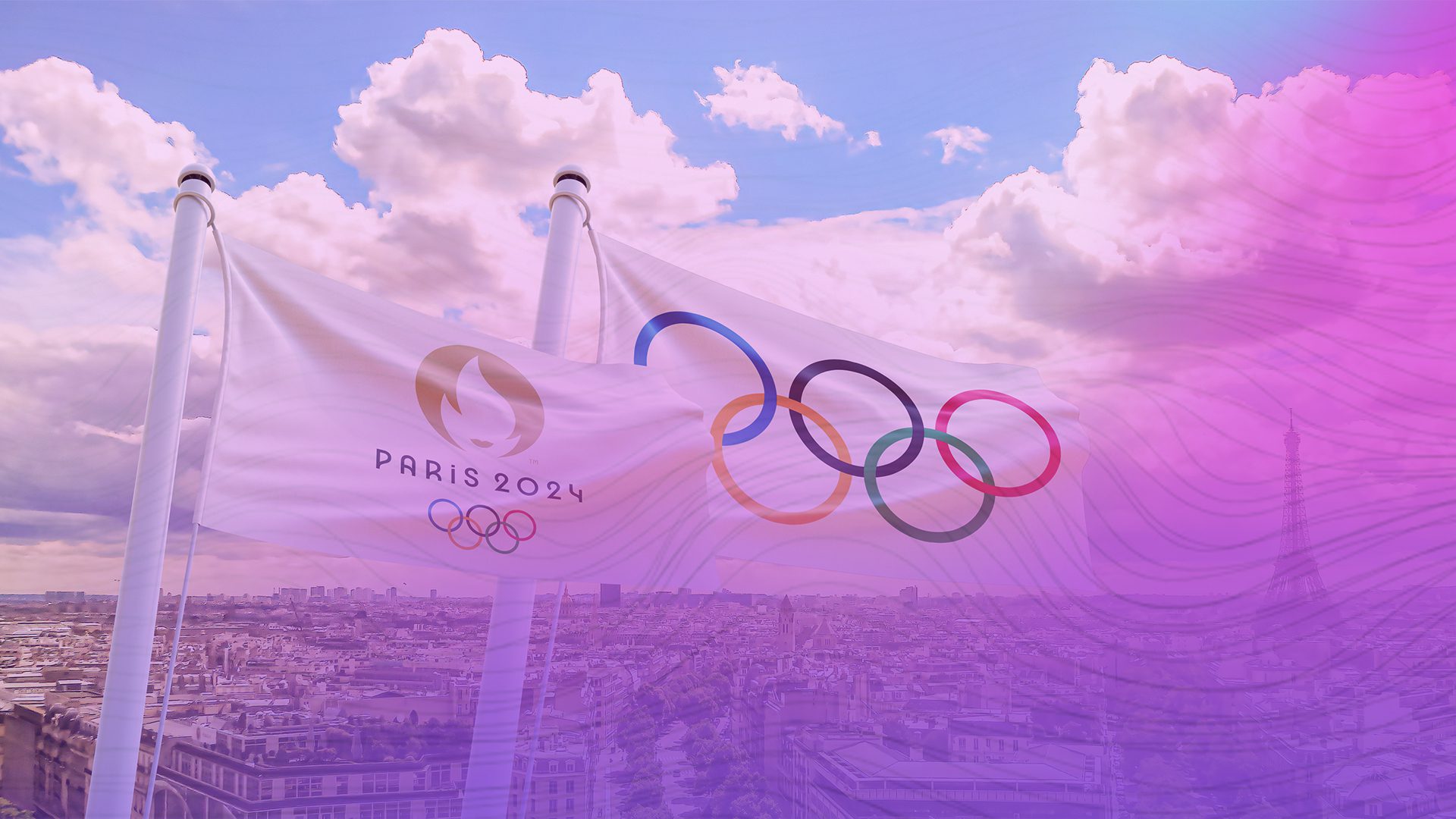Many events could lay claim to being the ‘biggest technology event in the world’. From CES to Mobile World Congress – they all have a legitimate right to the claim. In truth, there really is one winner: The Olympics.
It’s a bold claim. But as we approach the end of the games, let’s take a look at why The Olympics could be considered the greatest tech show on earth.
The Olympics: A visual masterpiece in technology
You only have to tune into The Olympics for a few minutes to realize the TV coverage looks good. The official broadcast feeds provided by the Olympic Broadcasting Service (OBS) are cutting edge for live TV, offering native 4K footage that supports both HDR and Dolby Atmos sound.
But a good picture is only the start; that image quality needs to be delivered globally. With 184 countries taking part in the games it is no surprise there are 159 different television rights holders across the world. Sadly, not all countries are quite as tech forward and some only offer upscaled 1080p streams instead of 4k (surprisingly including the United States for many networks), but the full fat 4k option is there for broadcasters if they want it.
This level of truly global coverage with such high-fidelity footage is only really seen at this scale at The Olympics. An argument could be made for the football World Cup, but with only 32 countries taking part in that (increasing to 48 in 2025), it really does show how The Olympics is in rarefied broadcasting air.
And all of this is before you even start getting into the use of drones, slow motion and VR…
Technology: The backbone of Olympic excellence
Behind the scenes, technology underpins it all. The focus is always on the sporting spectacle but, more often than not, it is enabled by elements of innovation that we do not even think about.
With each Olympics new records are set and the margin for error reduces. The level of timing analysis now required can only be enabled through technology.
Take, for example, the 100m race: It is an event that celebrates people for crossing the line by one hundredth of a second but vilifies them if they start early by the same margin. In this year’s men’s race, the winner was decided by just 5/1000ths of a second. Without laser powered timing relays provided by OMEGA and highspeed cameras, this feat of human achievement would be impossible to accurately measure.
Edit of the Men’s 100 meter final via Getty Images
The AI revolution at the 2024 Olympics
It would not be 2024 if AI did not make an appearance. But a lot has changed for this technology in the past three years since the 2021 Tokyo Olympics.
Back in 2021, Chat-GPT had not publicly launched, and the world had yet to be taken by storm. Now, in 2024, the International Olympics Committee (IOC) has gone hard on AI. It has been used everywhere from digital twinning for sustainability, to 3D modelling for more interactive broadcasts.
The IOC made its intention to adopt AI clear when it revealed the Olympic AI Agenda back in April, and set out clear expectations around what AI can deliver for sport across Paris 2024 and beyond.
Tech partnerships powering the Olympics’ global impact
As the official ‘Olympic Movement’s Worldwide Information Technology Partner’, Atos will not only be able to market its association with the games, but also its coordination of a team of 15 technology partners comprising over 2,000 experts, all working to make the Olympic and Paralympic Games fully connected, secure and digitally enabled.
This is on top of the countless technology partners that contribute to the games but are unable to put their name against it due to strict marketing rights. All are working seamlessly to ensure that our Summer of Sport goes ahead without any hiccups for the billions watching globally.
It doesn’t matter if it is the Euro’s, where we see CommsScope’s wireless solutions enabling connected stadiums, or the Tour de France, where NTT Data’s technological infrastructure and innovation ties the race together; it is technology that forms the heart of our Summer of Sport.
But sadly, there can only be one winner. And the breadth of innovation seen at The Olympics makes it truly unlike anything else. So that’s why, when it comes to picking up the award for the biggest technology event on earth, only The Olympics deserves to take Gold. To explore how these innovations are shaping the future of marketing and communications, visit our AI Consultancy and Tech page to learn more.
